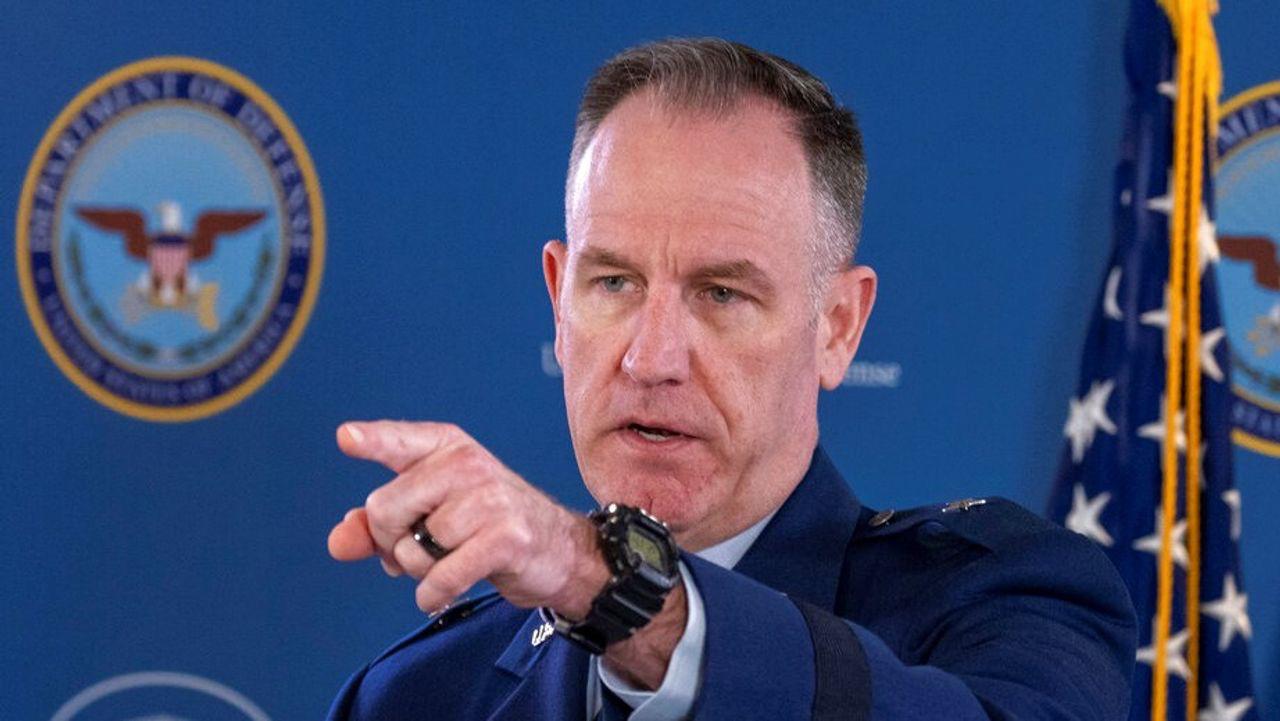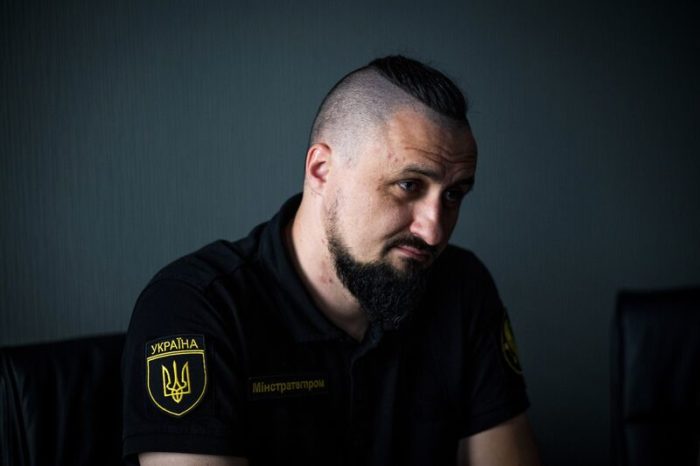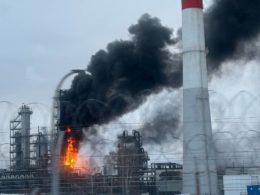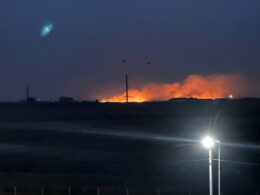The Pentagon’s spokesman, Pat Ryder, advised the journalist to speak with Ukraine about the attacks on Russia, not to him, when asked about Ukrainian drone strikes on Russian oil refineries.
Since the beginning of the year, the intensity of attacks by Ukrainian drones on Russian oil refineries and oil depots has increased. According to the results of March alone, drones attacked oil facilities at least 14 times. The air strikes disabled part of the refinery equipment. Gasoline production in Russia fell, and prices began to rise.
https://twitter.com/i/status/1776212078962876641
“The assistance that we are providing to Ukraine is intended for them to defend their sovereign territory and take back their sovereign territory. We do not provide the assistance for use outside of that. I’d refer you to Ukraine to talk about their operations,” said Ryder during the press briefing.
According to Reuters’ calculations, as of the end of March, about 14% of Russia’s primary oil refining capacity had been taken offline due to drone attacks.
The Russian authorities accuse Ukraine of the strikes. Ukraine does not officially claim responsibility for these attacks in each individual case, but also does not deny its involvement. According to the Financial Times, the United States has asked Ukraine to stop attacks on Russian energy infrastructure, fearing a rise in global oil prices.
Read more:
- Meet “Liutyi,” Ukraine’s homegrown drone behind strikes on Russian oil refineries
- FT sources: US urged Ukraine to halt strikes on Russian oil refineries; Ukraine denies FT’s claims (updated)
- Ukrainian drone strikes cripple over 10% of Russia’s oil refining capacity, NATO official says
- Reuters: US sanctions force Lukoil refinery to cut production by 40%








